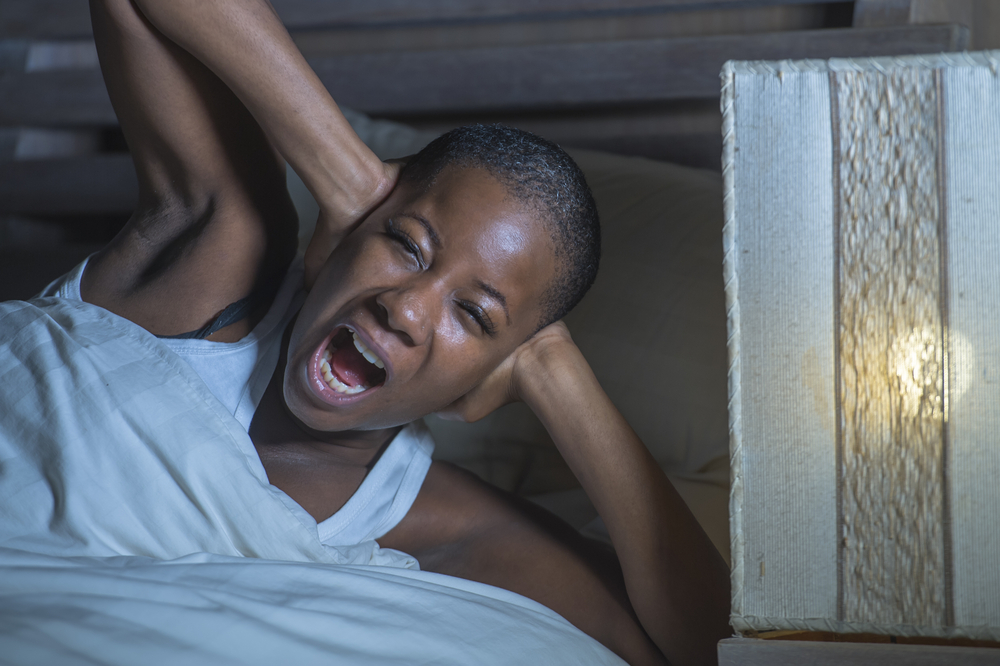source:- deadlinedetroit
You know the drill. You try to get a good night sleep, only to wake up at 2 a.m., contemplating all the doom and gloom of the pandemic. Your subconscious is doing a major data dump. A couple hours later, if you’re lucky, after checking Facebook, doing some online shopping and reading your favorite websites, you fall back asleep.
Jenna Jonaitis, a lifestyle, wellness and parenting writer based in Grand Rapids, tackles the issue in the The Washington Post in a story headlined: “Some of us have more time to sleep. So why are we so tired?”
She starts:
Since the onset of the coronavirus pandemic, I wake up most days already tired. Coffee is mandatory, and that wasn’t the case before. My husband is more sluggish too. We have increased responsibility, taking care of our toddler while still working full time from home. It’s also harder for him to fall asleep and harder for me to keep my eyes open in the afternoon.
This pandemic is exhausting, mentally and physically. Our worlds have shifted, and it takes emotional energy to cope with that. Health-care workers are spending long shifts in hospitals and care homes trying to keep patients alive. Other essential workers are pulling overtime in grocery stores, warehouses, fields, production plants and delivery trucks to ensure the country has enough food, toilet paper and face masks. At-home workers are doing their jobs and, in many cases, also caring for and educating children.
Rebecca Robbins, a postdoctoral fellow and sleep researcher at Harvard Medical School, tells Jonaitis that sleep challenges are totally understandable.The uncertainty of the pandemic, concern for others and ourselves, and the utter lack of control is a perfect storm for insomnia and sleep difficulty.
Lori Russell-Chapin, a professor of counselor education and co-director of the Center for Collaborative Brain Research at Bradley University in Illinois, says we’re worn down by this new lifetyle, the hyper-alertness while doing such tasks as grocery shopping and grieving the loss of a loved one from afar.
A study out of Wuhan, China, found insomnia was often the results of anxiety, depressive symptoms and fear of getting infected, economic-related stress, difficulty handling social distance restrictions and changes in daily life.
What to do?
Suggestions include getting exposure to sunlight, limiting caffeine, sticking to a sleep schedule and calming the brain through meditation and deep breathing.
